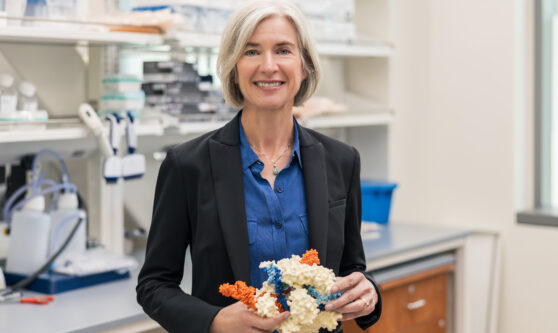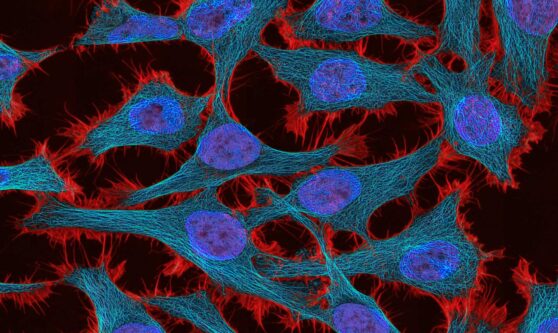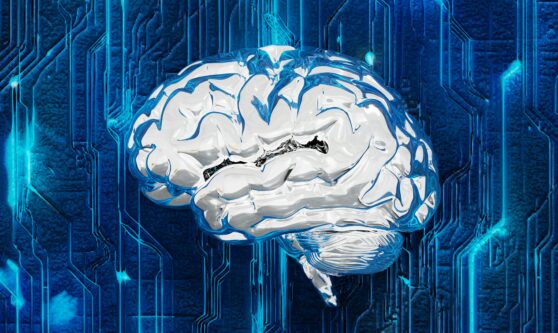
AI in Biotech and Health
Artificial intelligence is showing remarkable ability to analyze medical images and predict disease patterns, but integrating these tools into actual clinical practice presents complex challenges. AI systems trained on certain populations often perform poorly when applied to different demographic groups, raising concerns about algorithmic bias. Researchers are working to develop AI systems that can explain their decision-making processes to physicians, addressing the "black box" problem that limits clinical adoption.





